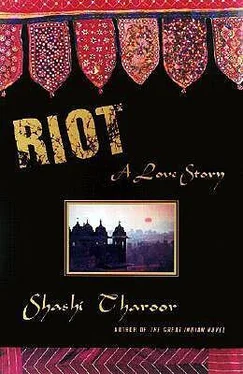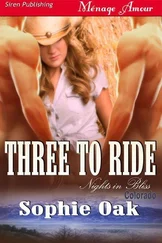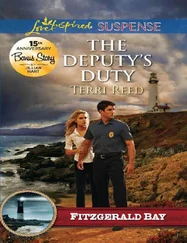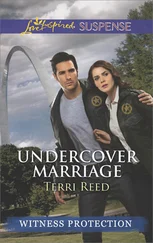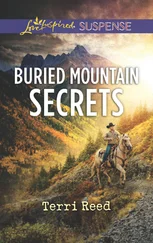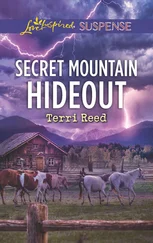GS: I opened fire.
RD: What?!
GS: Look, you’ve got to understand. We not only had to take control of a situation that was on the verge of getting out of control. We also had to be seen by the bloodthirsty mob as taking effective action. What do you think we should have done? Knocked politely on the door and asked them to serve us some tea with their bombs? Once we’d got to the damned house from which the bomb was thrown, the choice was clear. Assert ourselves, or allow the mob to assert themselves. I ordered the ASI — the Assistant Sub-Inspector who accompanied me — to fire a couple of rounds at the house, and I let loose a burst or two myself. This served several purposes. First, the crowd was satisfied that effective action was being taken. So the bloody idiots understood that they did not need to take the law into their own hands. Second, the stream of bullets also intimidated the hotheads in the procession. Nothing like a volley from a good police-issue revolver to make an asshole think twice. This ensured that the crowd did not venture below the house and present easy targets for further bomb-throwing. And last but not least, as we always used to say in our high school debates, the firing also deterred the bombers themselves. Here they were, all poised and ready to throw more bombs, and my bullets come screaming in. What do they do? They were amateurs, Randy, and the first instinct of a frigging amateur when things get too hot is to drop everything and run. It’s one thing to plan to chuck some bombs at a howling mob armed with knives and tridents. Quite another to take on policemen with guns.
RD: So what did they do?
GS: They ran away. They ran for their bloody lives. The bombers were so frightened by our firing they were pissing in their pants as they tried to get the hell out of there. I sent a couple of my men to the rear of the house. They caught one of the young idiots. Took him down to the thana. I’ll spare you the details, but soon he was singing like a mynah bird. Don’t look so fucking shocked, Randy. I’ve seen enough of your American cop movies. Whatever they did to him to get the full story, it was a good deal less than the Hindu mob would have done. So I figure justice was served all around. And thanks to him my police case was very quickly closed.
RD: What was his story?
GS: The story? Very simple, very stupid. A small bunch of young Muslims — eight youths, two of them petty government servants, a municipal driver and a patwari — decided that they had to retaliate against the insults and provocations flung their way by the Hindu extremists. Sisterloving idiots, of course. But they felt alienated from the system — none of them was important enough to serve on any of our bloody peace committees, for instance. And they felt equally alienated from the mainstream of their own frigging community, which they felt was too passive. “Don’t we have pride?” one of them asked me in the interrogation room. “Don’t you have brains?” I replied. I mean, just think about their brilliant plan. They collected whatever money they could, which was not very much, a few hundred rupees between them. Then one of them went off to purchase gunpowder from a firecracker factory in the neighboring district, where firecrackers are a frigging cottage industry. Place isn’t even a real factory. It’s a factory the way Zalilgarh’s a town. Half their bloody phatakas fizzle out at Diwali time. Anyway, this is their great arsenal. The night before the major procession, Friday night, they stayed up in an abandoned ruin by the riverside. We call it the Kotli. No one uses it. They ground the gunpowder with pieces of broken glass and old rusted nails, tied these in newspaper with a string, and made seventeen of what are known in local parlance as “soothli bombs.” They figured that would account for a few dozen Hindus, and they hoped to run away in the confusion. They hadn’t given any pissing thought at all to what would happen to the house they’d have bombed from, to the basti, to the neighborhood. Frigging idiots.
RD: Anyway, your tactic worked. Congratulations.
GS: Worked? For about five minutes. We defused one crisis, but we couldn’t prevent the riot itself. Mobs were soon running rampant through the town, especially the Muslim quarter. Save your congratulations. I could use another drink.
from Lakshman’s journal
July 16, 1989
I look into her eyes, into those eyes so impossibly blue, eyes of a color I have never looked into before, and I know she cannot understand.
How could I, so well-read, so overeducated, so comfortable with her Western culture, have had an arranged marriage? We talk of Updike and Bellow and the Time magazine bestseller list, I play her my tapes of Bob Dylan and Leonard Cohen and the Grateful Dead, she speaks of “Death of a Salesman” and I counter with “Who’s Afraid of Virginia Woolf?” and it is as if we so comfortably inhabit the same world. But even as I hold her white hand in my own dark one, I know that for her these cultural references go together with other things, with Saturday dates in oversized Chevrolets and dressing up for the prom, with love and romance and sex before marriage. Not with the way I got married: parents contacting parents through intrusive intermediaries, a brief visit to the others’ home for an elaborate tea, a glimpse of an overdressed girl and a conversation so stilted and artificial it could not possibly be the basis of a lifetime commitment, let alone one consecrated by matched horoscopes and gold jewelry and the gift of a house in Madras by her grateful father, proud to have an IAS officer for a son-in-law.
“But how could you?” Priscilla asks inevitably, when, in response to her questions, I tell her the story of my marriage to Geetha. We are in our favorite spot, the sunset room she calls it, at the top of the Kotli, and she is lying on me, the softness of her breasts pressed into my body, her face resting on my shoulder. We have just made love, and I feel she is entitled to anything, even an answer.
“It’s just the way it’s done,” I reply. “It is the way it’s always been done. It’s how my parents were married.”
“But you’re different,” she exclaims, half thumping me on the chest with her fists in mock exasperation. “You’ve been educated differently. You’re so — so Western.”
I imprison her fists in my hands, and it is as if I am praying, with her my votive offering. “I’m Indian,” I say simply. “I enjoy the Beatles and Bharata Natyam. I act in Oscar Wilde plays and I eat with my fingers. I read Marx, and I let my parents arrange my marriage.”
She raises herself a little to punctuate her reaction. “But didn’t you care at all? After all, this was the person you were going to spend the rest of your life with.”
I pull her down again, because I want to feel her body against mine, and because I don’t want to look into her eyes, not at this point. “I didn’t think of marriage that way,” I say quietly. “I thought of it as an extension of my obligations to my parents, part of the duties of a good son. You in America think of marriage as two people loving each other and wanting to be together. We in India see marriage as an arrangement between families, a means of perpetuating the social order.”
“But don’t Indian men and women love one another?” Her voice is muffled against my chest; her long slender finger idly traces a pattern on my rib cage.
“Of course we do,” I reply, “but love is supposed to come after marriage. How can you love someone until you know them, and how can you know them properly until after you’re married to them?”
Читать дальше
